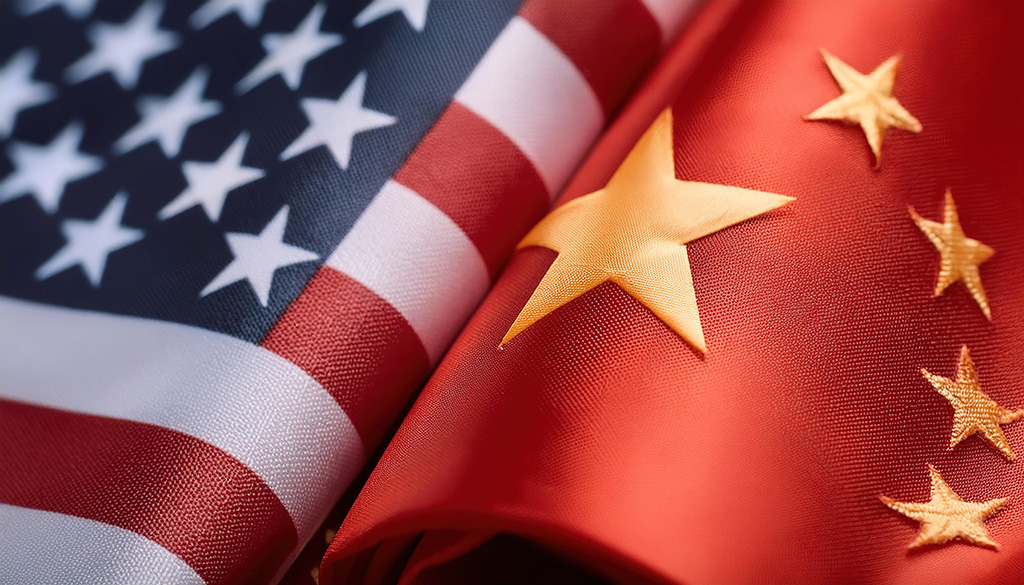The global economy has long been defined by the uneasy yet interdependent relationship between the United States and China. But when trade tensions rise — as they have repeatedly over the past decade — it becomes clear that the United States holds strategic advantages that make it virtually impossible for China to “win” a trade war in any sustainable sense. Despite Beijing’s ambitions to challenge U.S. dominance, the structural realities of global finance, consumption, and innovation remain firmly tilted toward Washington.
1. America Controls the Demand Engine
At the core of any trade war lies one immutable fact: the U.S. is the largest consumer market on Earth. American households drive nearly 70% of U.S. GDP, and the country’s annual imports — exceeding $3 trillion — sustain export economies around the world, including China’s. When Washington imposes tariffs or restricts imports, Beijing’s manufacturing sector feels the pain far more acutely than the American consumer base does. The United States can shift its sourcing to other low-cost producers — such as Vietnam, India, or Mexico — while China struggles to replace the world’s biggest buyer.
2. The Dollar Dominates Global Trade
The U.S. dollar remains the world’s reserve currency, accounting for more than 85% of global trade settlements. Even when China attempts to conduct cross-border transactions in yuan, counterparties typically hedge or clear in dollars to ensure liquidity and stability. This structural advantage gives the U.S. unmatched leverage over global payment systems, sanctions enforcement, and financial flows. China’s attempts to internationalize the yuan through BRICS partnerships and Belt and Road projects have yet to meaningfully challenge the dollar’s supremacy.
3. Innovation and Technology Still Flow Westward
While China has made remarkable progress in manufacturing and applied technology, the U.S. remains the world’s innovation hub. Silicon Valley, Boston, Austin, and Seattle drive the frontier of AI, semiconductors, and quantum computing — all areas where China remains dependent on Western technology or licensing. Recent U.S. export restrictions on advanced chips and lithography equipment have crippled parts of China’s tech ambitions. Beijing’s “Made in China 2025” strategy, while bold, still faces systemic limitations — including intellectual property bottlenecks, brain drain, and weak private-sector incentives.
4. U.S. Energy Independence Is a Strategic Trump Card
One of Washington’s most overlooked advantages is its near energy independence. The shale revolution transformed America from an energy importer to one of the world’s largest oil and gas exporters. Meanwhile, China remains deeply dependent on imported energy — particularly from politically volatile regions. In a prolonged trade or geopolitical conflict, access to energy becomes a choke point that the U.S. can weather far better than Beijing can.
5. Capital Markets and Global Trust
The U.S. capital markets — from Wall Street to the Nasdaq — remain the global benchmark for transparency, liquidity, and governance. Foreign investors still seek safety in U.S. Treasuries and equities, especially during crises. China’s markets, by contrast, face persistent issues of opacity, state intervention, and capital controls. These factors limit the yuan’s credibility and reinforce America’s financial dominance. A trade war only deepens global capital’s flight to safety — and safety still means the U.S. dollar and U.S. markets.
6. Demographics and Domestic Pressures
China’s aging population, shrinking workforce, and property market collapse compound its vulnerabilities. As youth unemployment soars and domestic demand weakens, Beijing must sustain economic growth through exports — precisely the channel a trade war threatens. The U.S., by contrast, benefits from higher fertility, immigration-driven labor renewal, and deeper consumer resilience.
Conclusion: Strategic Patience Favors Washington
China can retaliate through tariffs or de-dollarization campaigns, but the asymmetry is clear. The U.S. can afford to play the long game; Beijing cannot. Trade wars are endurance contests, and America holds the reserves, markets, and trust to outlast any economic confrontation.
For global investors, this underscores a broader truth: geopolitical risk in Asia often translates into capital migration toward U.S. assets and dollar-denominated instruments. In a fracturing global economy, the offshore investor’s compass still points to the dollar — not the yuan.
Invest Offshore continues to explore how capital flows respond to global power shifts, with current opportunities expanding in West Africa’s Copperbelt Region — where infrastructure and resource investments are shaping the next frontier of growth.

Leave a Reply